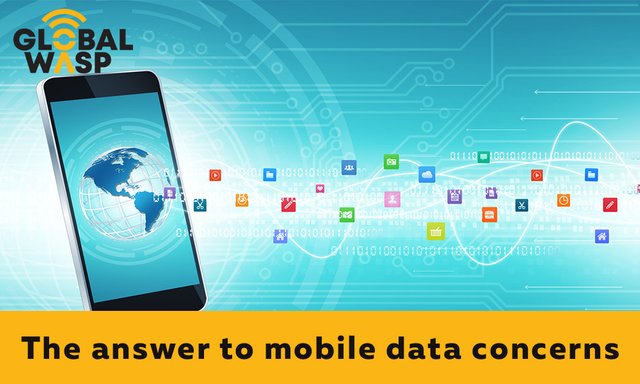When asked how he amassed such a handsome fortune from a humble condiment, Victorian mustard magnate Jeremiah James Colman famously remarked that he made all his money from the mustard people left on the side of their plate. His customers were paying for something they didn’t use. Had they scooped from the jar only what they needed, Colman would have made a lot less money.
Today, millions of smartphone users on post-paid tariffs pay for a bundle of mobile data every month, some of which they don’t consume. At the end of the billing cycle the unused allowance, like mustard on a plate, is simply wiped away.
Exactly what proportion of customers don’t reach their data limit is carefully guarded, and no doubt varies a great deal. Now, it’s not an operator’s fault if a customer doesn’t use all their data. But the discrepancy between allowance and consumption highlights the difficulties operators face in communicating mobile data value propositions, and matching those propositions to their customers. While some operators have sought to demonstrate improved value by increasing data allowances or introducing rollover options, the same problem persists: users can’t be sure that more volume equates to more value. With a larger allowance they are even less likely to use what they’re paying for.
But now it’s fascinating to see that more and more projects appear that can solve you this problem. Some offer their customers a refund for unused data, but Global Wasp chooses another variant. We think that sharing your unused data is a more efficient way of making Internet more accessible, and our users will have an opportunity to use each other’s data absolutely for free. To read more about Global Wasp, go to www.globalwasp.com

Authors get paid when people like you upvote their post.
If you enjoyed what you read here, create your account today and start earning FREE STEEM!
If you enjoyed what you read here, create your account today and start earning FREE STEEM!